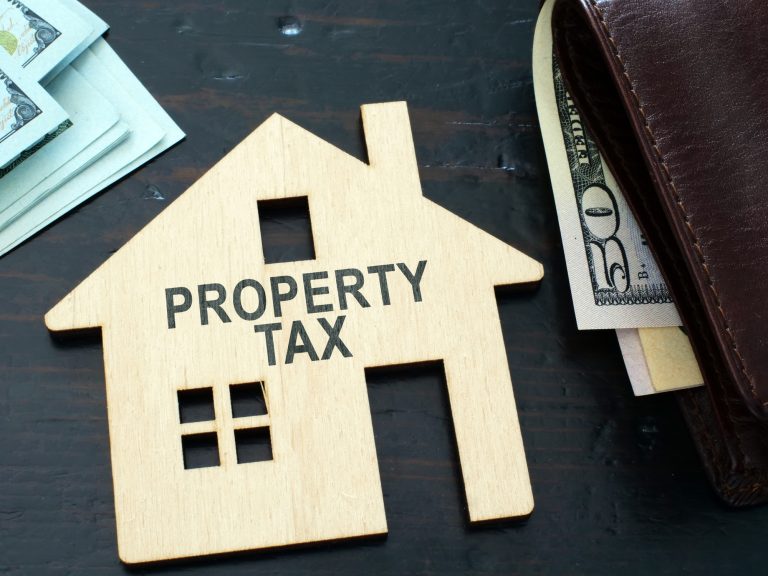
Compliance in Singapore : Companies’ Requirements
Singapore maintains a stringent regulatory framework governing the operations of companies within its jurisdiction. Companies in Singapore must adhere to various regulatory requirements to ensure their operations are legal and ethical. Non-compliance can result in fines, penalties, or even the revocation of a company’s operating license. This article outlines the annual compliance obligations that Singapore companies must fulfill.
Annual General Meeting
All Singapore companies must hold an Annual General Meeting (AGM) at least once a year. The AGM is a mandatory gathering where shareholders and directors convene to discuss the company’s performance and make crucial decisions about its future. During the AGM, the company’s directors present the annual financial statements to shareholders, who have the opportunity to inquire about the company’s financial health.
For listed companies, the AGM must be held within four months after the financial year end, and the annual return must be filed within five months after the financial year end.
For non-listed companies, the AGM must be held within six months after the financial year end, and the annual return must be filed within seven months after the financial year end.
Financial Statements
All Singapore companies must prepare annual financial statements summarizing the company’s financial performance for the previous year. The financial statements should include an income statement, a balance sheet, and a cash flow statement.
The financial statements must be prepared following the Singapore Financial Reporting Standards (FRS) and should be audited by a qualified auditor. The auditor’s report should be included in the annual return filed with ACRA.
Tax Filings
Singapore companies must file tax returns with the Inland Revenue Authority of Singapore (IRAS) annually. There are two tax returns for each year:
- Estimated Chargeable Income – This filing declares an estimate of the company’s taxable income for a Year of Assessment (YA). Companies must file within three months from the end of the financial year, except for companies that qualify for the ECI filing waiver and those not required to file an ECI.
- Final Tax Return – This filing declares the company’s actual taxable income for a YA. Companies must file by November 30 each year on a preceding year basis.
Need Help?
Navigating the complex regulatory landscape of Singapore can be challenging, but our team of professionals is here to support you. If you require assistance with annual compliance obligations, tax filings, or any other aspect of your company’s operations, please do not hesitate to reach out to us. We are committed to providing tailored solutions and expert guidance to help your business thrive while ensuring it remains compliant with all relevant laws and regulations. Contact us today and let us partner with you on your journey to success.



